This blog is now here:
http://psyberspace.walterlogeman.com

Walter Logeman: Journal
I’m so sick of the Block editor I’ve gone back to my old Dreamhost wrpress.org http://psyberspace.walterlogeman.com
Not sure what I’ll do.
???
Recently I the podcasts I listened to all came up with discussions about dialectics.
Hari Kunzru, Into the Zone .
You will get introduced to ‘Teddy’ i.e. Theodor Adorno.
Its always sunny in the dialectic
Look on the bright side! In a country obsessed with positivity, Hari traces the path of exiled German intellectual Theodor Adorno to sunny California, where he gets stuck in traffic with the British writer Geoff Dyer. How this positivity relates to church and state? Turns out there’s a lot to complain about.
*
Revolutionary Left Radio
for some political clout.
The Principal Contradiction: Applying Dialectical Materialism
Torkil Lauesen joins Breht to discuss his newest book “The Principal Contradiction”. In this discussion, Torkil and Breht discuss dialectical materialism, how it is applied in real world situations, and the role that contradiction plays in it all. In the 1970s and 80s, Torkil Lauesen was a member of a clandestine communist cell which carried out a series of robberies in Denmark, netting very large sums which were then sent on to various national liberation movements in the Third World. Following their capture in 1989, Torkil would spend six years in prison. While incarcerated, he was involved in prison activism and received a Masters degree in political science. He is currently a member of International Forum, an anti-imperialist organization based in Denmark.
Find more of his writings HERE
*
The Partially Examined Life.
For a through philosophical analysis by people who can’t make up their minds about anything.
Episode 136: Adorno on the Culture Industry
On Theodor Adorno and Max Horkheimer’s “The Culture Industry: Enlightenment as Mass Deception” from Dialectic of Enlightenment (1944), plus Adorno’s “Culture Industry Reconsidered” (1963). How does the entertainment industry affect us? Adorno (armed with Marx and Freud) thinks that our “mass culture” is imposed from the top down to lull us into being submissive workers.
*
OK, listen to the lot and makes some comments!!

Planning a workshop for Saturday 17 October
For Moreno spontaneity was “a new response to an old situation or an adequate response to a new situation” (1953, p. 336), with creativity adding the element of inventiveness.
Moreno, Zerka T. (1987) “Psychodrama, Role Theory, and
the Concept of the Social Atom.” in Zeig, Jeffrey K., Evolution Of Psychotherapy, first Conference. Taylor and Francis. Kindle Edition.
Zerka is quoting from the definition that is on the same page in the 1978 edition, 366.
Here is another quote from “Who Shall Survive?” 1978 edition, Page 42:
Spontaneity operates in the present, now and here; it propels the individual towards an adequate response to a new situation or a new response to an old situation. It is… the least developed among the factors operating in our world; it is most frequently discouraged and restrained by cultural devices.
So is spontaneity the response, or that which propels the response?
I’m working on a handout on action for a Psychodramatic Couple Therapy Training event in September. Psychodrama is sometimes mistakenly called an “action method”. That might mean people move about. That they exhibit behaviour. The real question is: are they actors? That is, agents in their own life!
The action includes: the body, emotions, thinking, the breath, the spirit, the soul, the chi, life energy, prana. In psychodrama language that is spontaneity-creativity.
Here are two quotes:
The organism-in-environment is a behavioral system; the actor in situ is an actorial system, and, Moreno (1953b) states, it is important to distinguish between the two. A collectivity of actors is a different entity from a collectivity of organisms and has a different meaning.
Warner (1954) points out that from Moreno’s perspective, when one tries to understand behavior by separating an action into components, as the psychologist does, one ends up ignoring the most important characteristics of human behavior, social interaction. Acts, actions, and interactions are complex behaviors that are intended to gain a desired goal. They occur within a cultural context. There is a reciprocal relationship between the members of a group and the group’s culture. On the one hand, it is the actions of the members that create the culture of the group and on the other hand the culture of the group shapes the actions of its members.
Meyer writes, “The heart of Dr. Moreno’s sociometric method is action. Time and again in the writings of this book and elsewhere, he insists that sociometric methods require that individuals cease to be subjects for research, patients in the clinic, or objects of reform. They must become participants” (1952, p. 360). Sociometric research, Moreno insisted, is for the benefit of the people involved, not for the benefit of the researcher. Therefore, the subjects should be included in the design of the research, in the selection of criteria, for example. Sociometry should take place in life, in the real situation of the individuals, not in the
laboratory of the scientist. Unless the sociometric experiment includes an activity in which the group members partake, it is, at best, “near sociometric.” Sociometry is an action method.
John Nolte
It is worth meditating on the words of Moreno — especially how they might apply to couples.
An action matrix registers acts and events . A behavior matrix registers “observations” of acts and events . The actor must become an observer of himself and an actor towards the observer, i.e ., the observer must become an actor towards the observed and an observer of himself ; one must co-act with the other, a meeting is taking place . In an ongoing socio-psychodrama the subjective view of the actor and the objective view of the co-actor are one, they are on the same plane . Indeed, as … auxiliary egos to each other on the plane of action the degree of their reciprocal subjectivities and objectivities are continuously in a process of mixture; A acts towards B, B acts towards A; A observes self and acts towards B, B observes self and acts towards A ; A observes A, B observes B ; A observes A and B, B observes B and A ; A acts towards C, A acts towards B and C, C acts towards B and A, etc . A genuine theory of action and actors deals with actorial categories and interaction potentials like spontaneity, creativity, the warm up, the moment, the meeting, … auxiliary ego and other categories which express the coexperiential level of an actor’s world on the level of action .
Moreno “Who Shall Survive?” p74
Some notes about Action & couple therapy
How does work when we are working with the relationship? The “third entity”?
Not “male female” but role systems — unity of opposites unity and opposites.
The protagonist will transform the and the auxiliary will transform
Action is to do with being actors — active participants.
If there is ambivalence about the relationship — Discernment therapy.
Individuation is always needed
Useful simple short article.
https://www.sfr-21.org/human-nature.html
Marx:
“Estranged labour, therefore, turns man’s species-being – both nature and his intellectual species-power – into a being alien to him and a means of his individual existence. It estranges man from his own body, from nature as it exists outside him, from his spiritual essence, his human existence.”
Working for money and not for love changes our nature. We become alien to ourselves, to our bodies and minds. We become alien to to our nature and the world around us. When we are strangers to our creativity we become strangers our own bodies, to nature as it exists outside us, to our spiritual essence and our human existence.
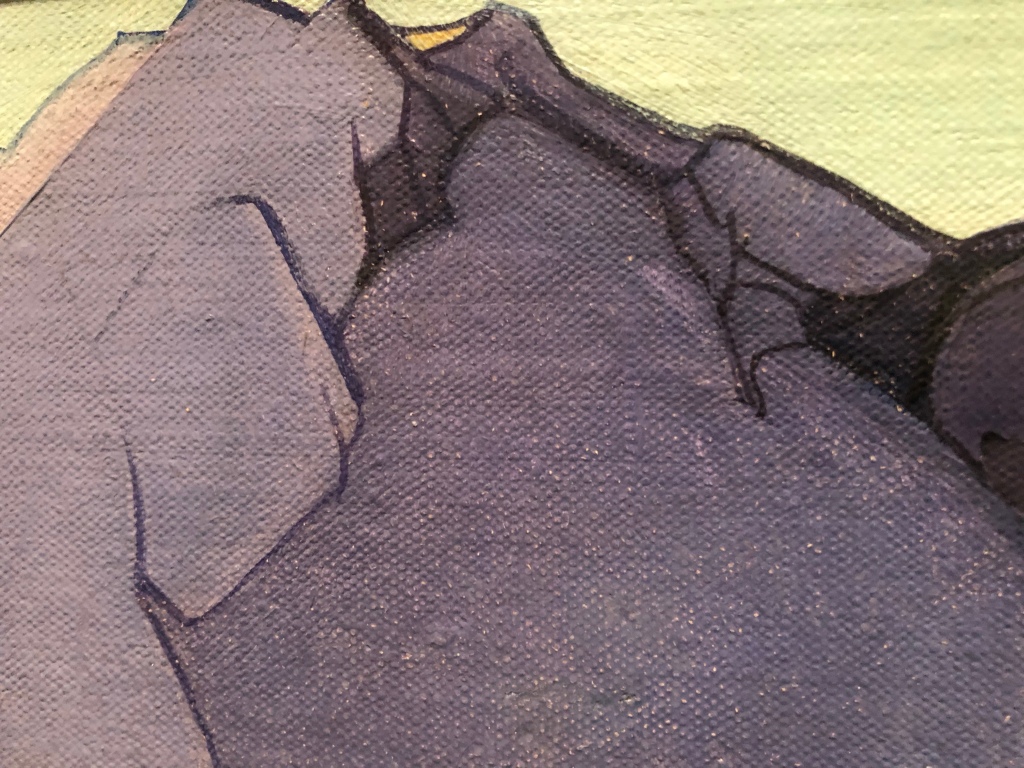
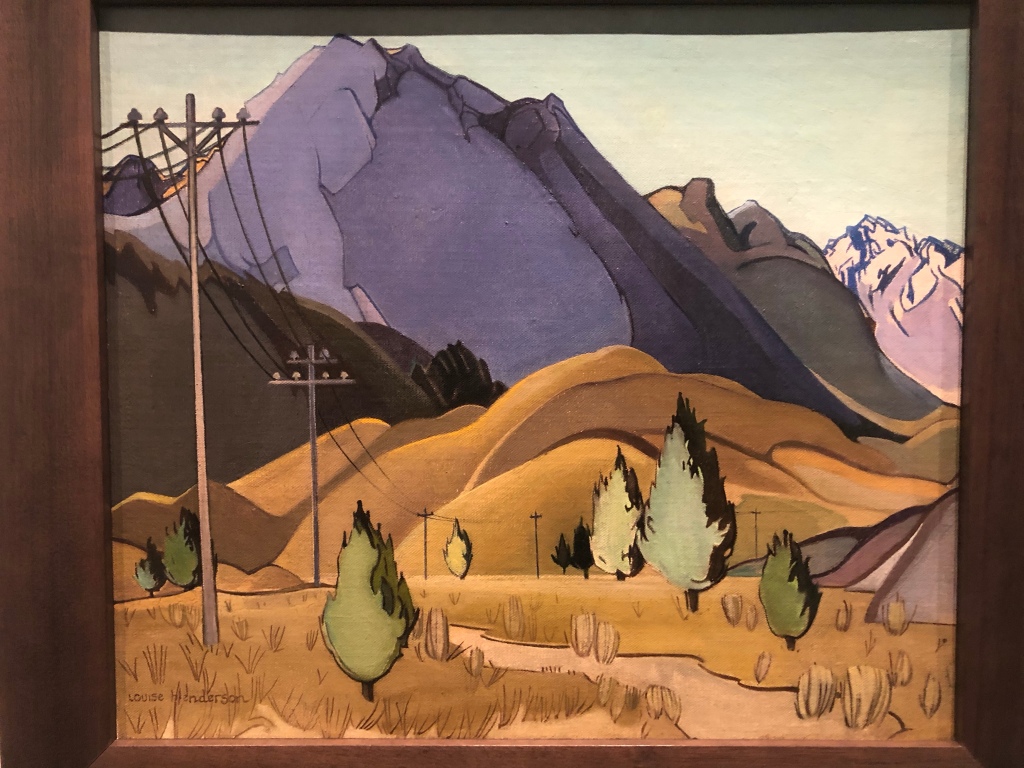
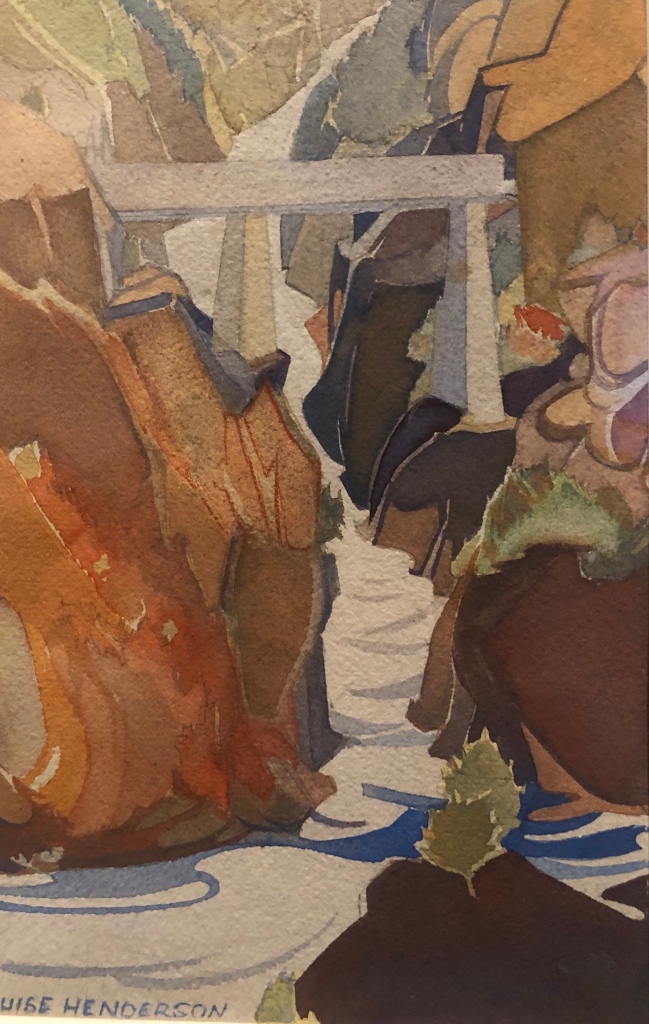
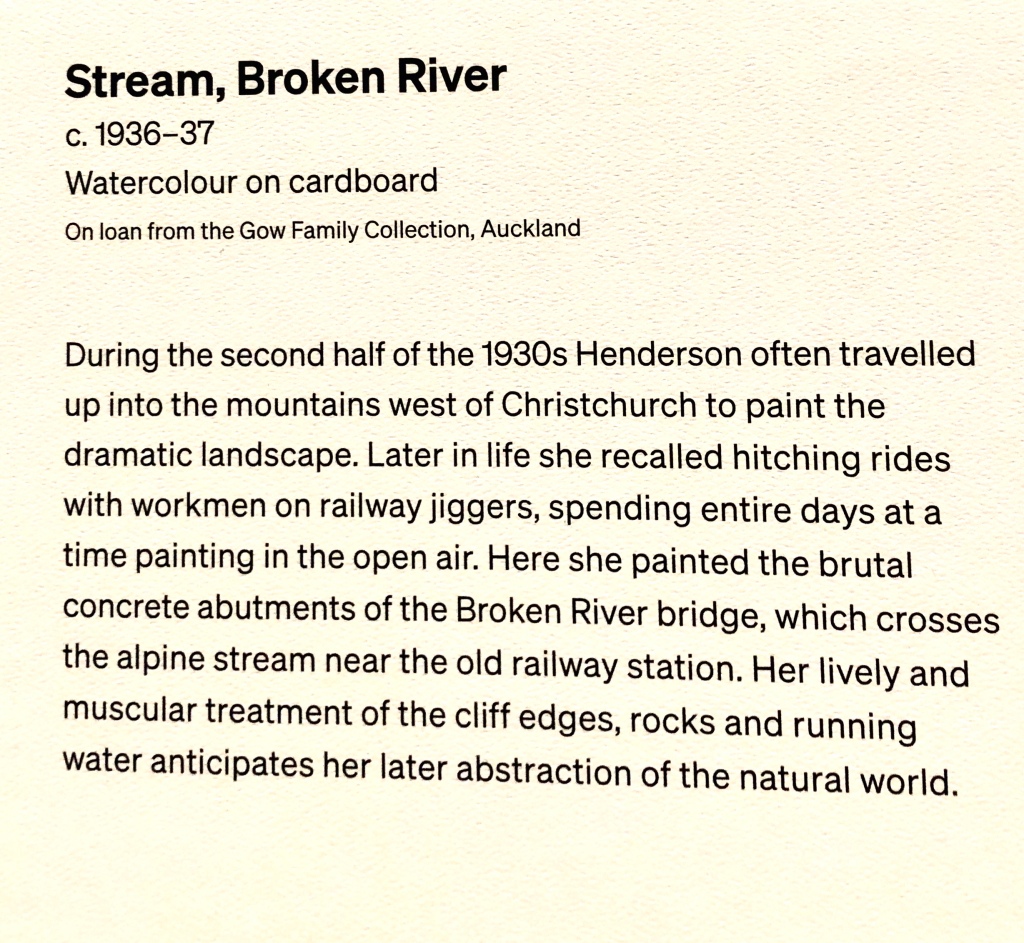
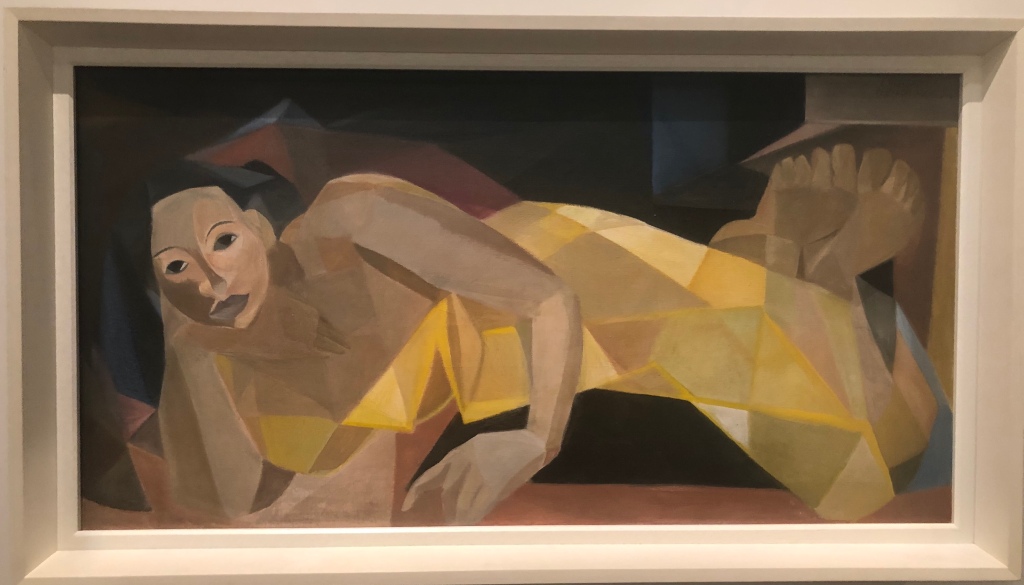
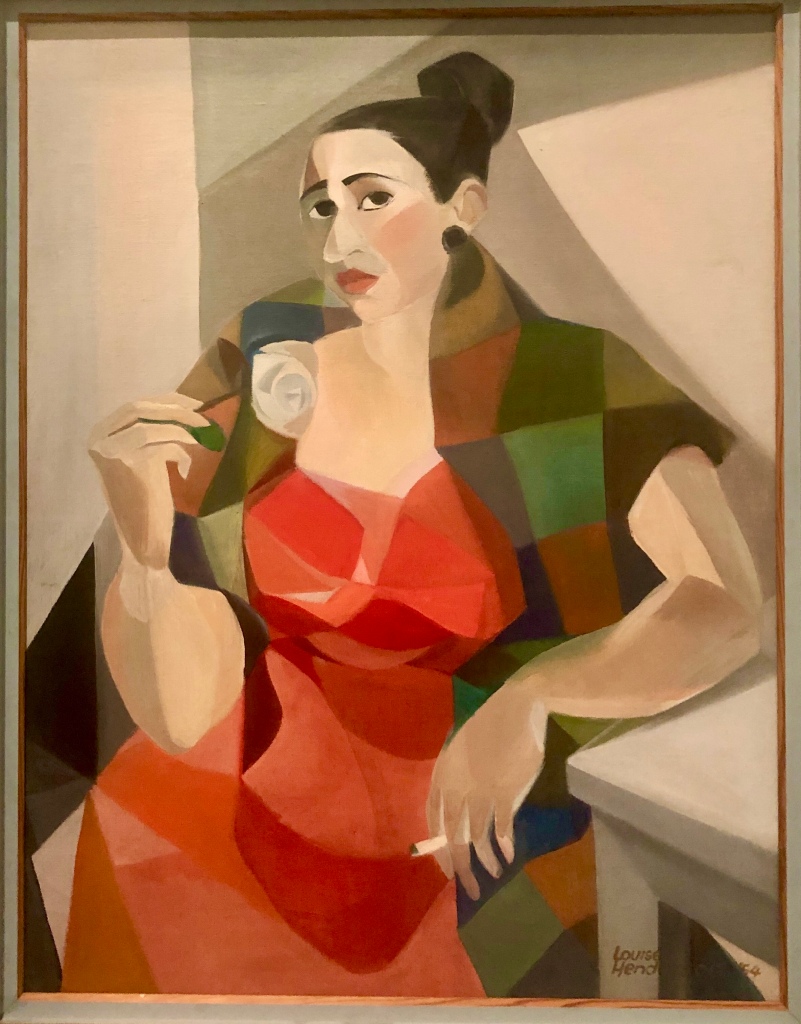

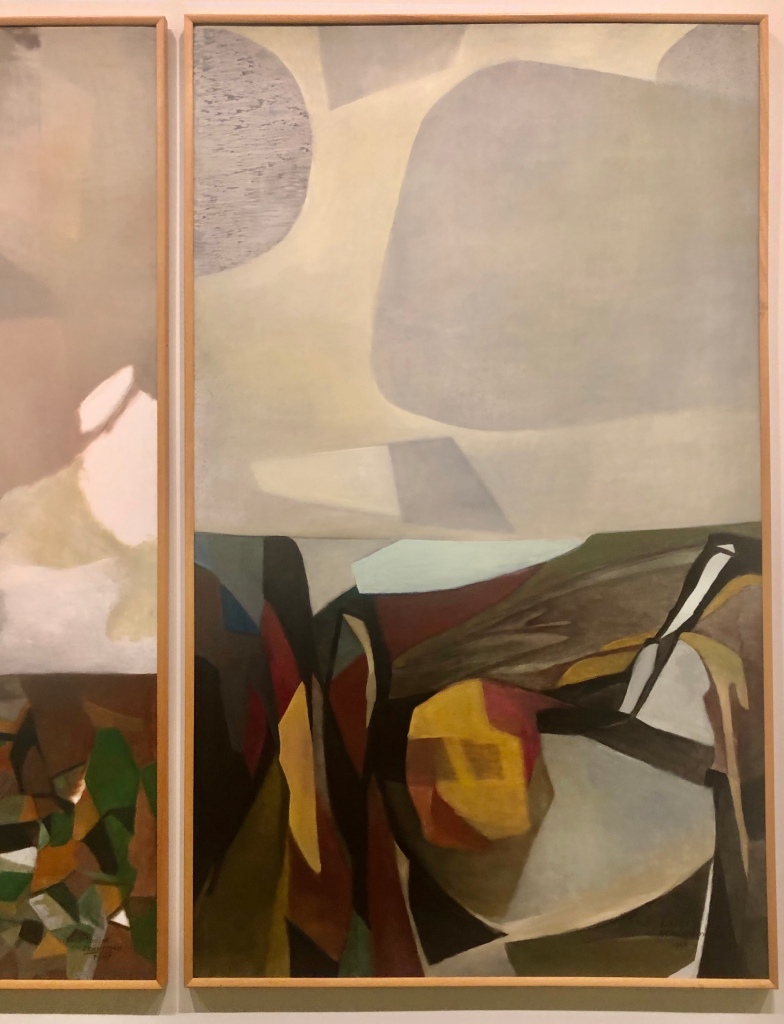
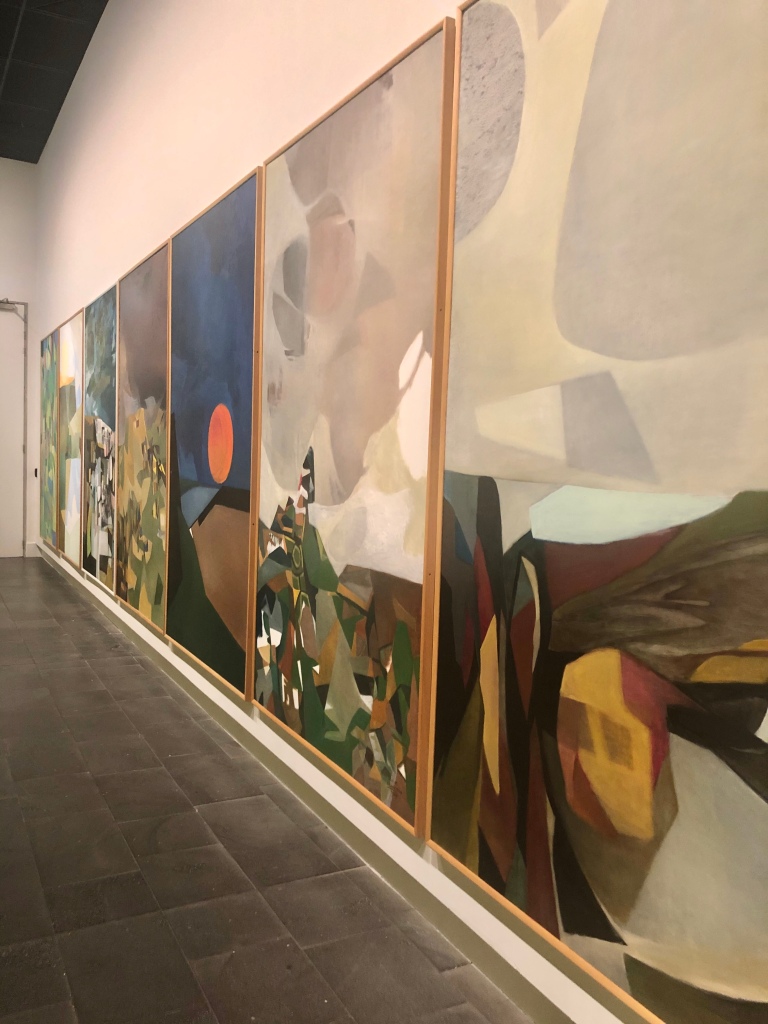

“The idea that knowing changes reality is what quantum physics shares with both psychoanalysis (for which interpretation has effects in the real) and historical materialism”.
Slavoj Žižek – quoted on Redit
This is a great little paragraph!
*
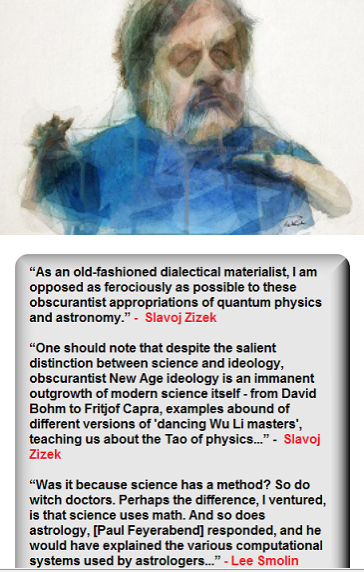
A useful read!!
*
I wish they had an inkling of Moreno in these discussions — psychodrama fits in more tightly than “psychoanalysis.”
*
Interesting the extent to which Bohm was influenced by dialectical materialism:
“In this way Bohm understood it as idealistic. In Bohm’s interpretation, however, the particle possesses at all times a well-defined position and momentum regardless of observation or associating ideas. So, in Bohm’s view, matter came before mind in his theory. Thus he called his interpretation a materialistic one.4 With this materialist interpretation, Bohm wanted to expel mysticism from physics.”
Christian Forstner
Dialectical Materialism and the Construction of a New Quantum Theory: David Joseph Bohm, 1917–1992

Optic Nerve by Maria Gainza – review. Guardian
I’m found relevant images as I read the book.
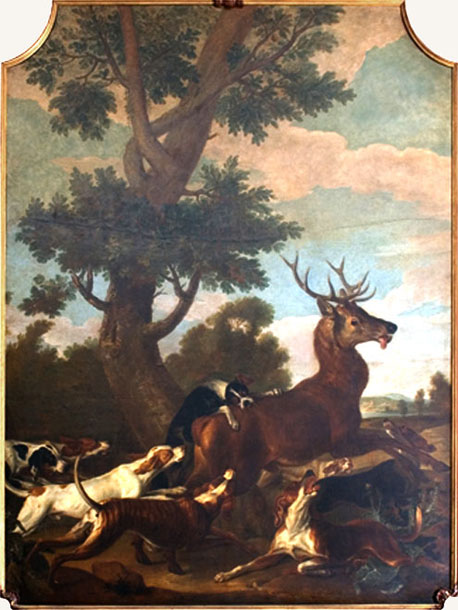
Hubert Robert
THE TEATRO DELLE ACQUE IN THE GARDEN OF THE VILLA ALDOBRANDINI
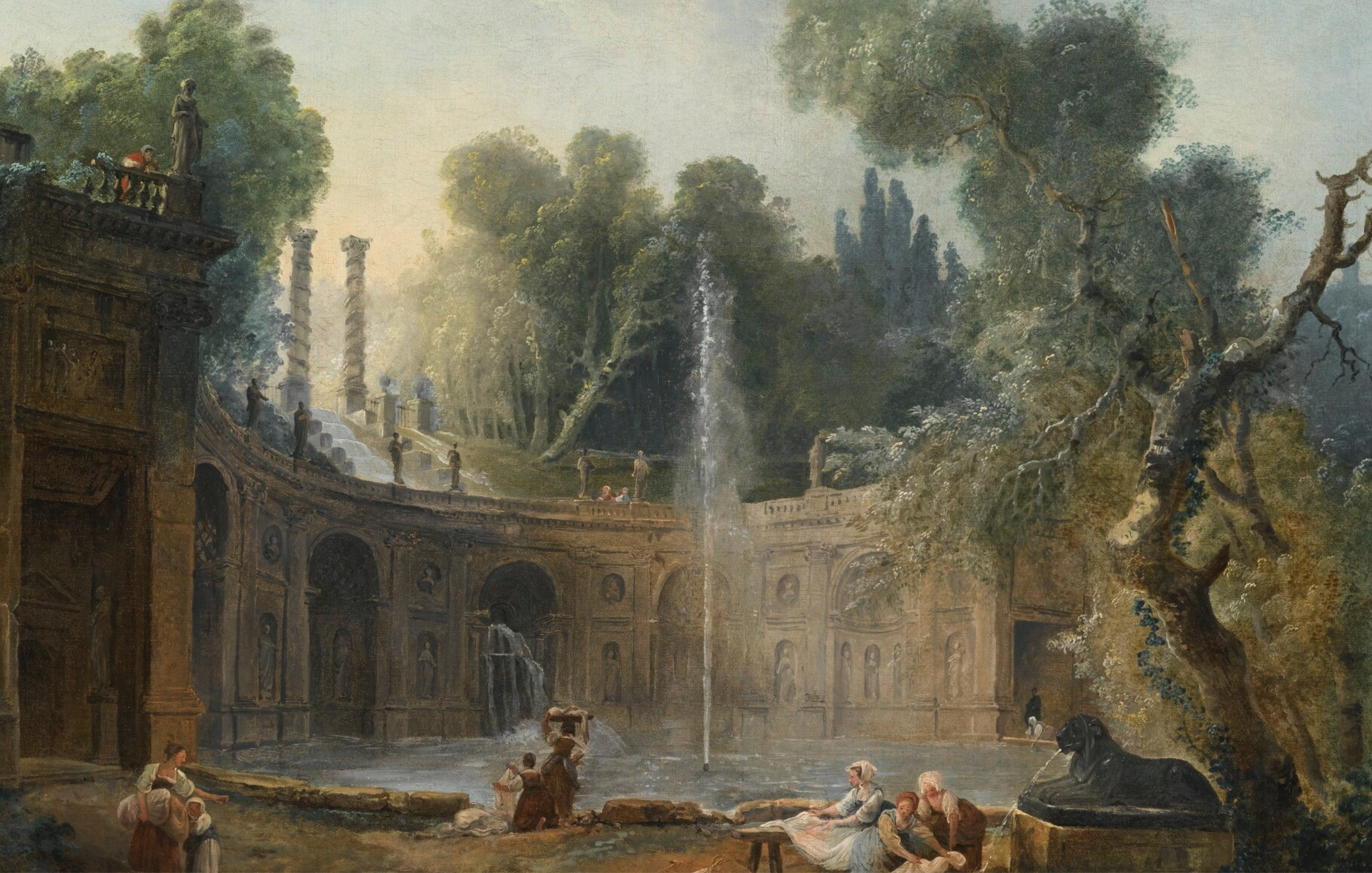
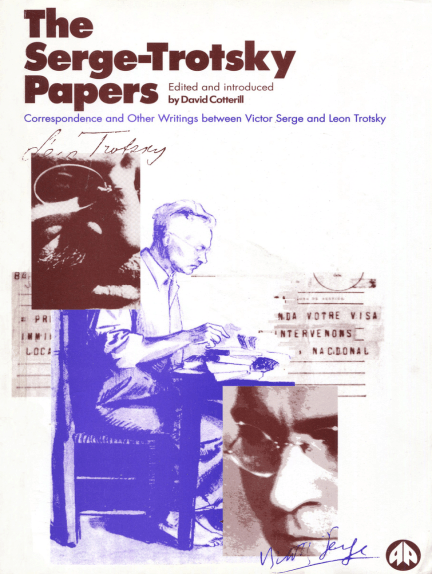
In scribd
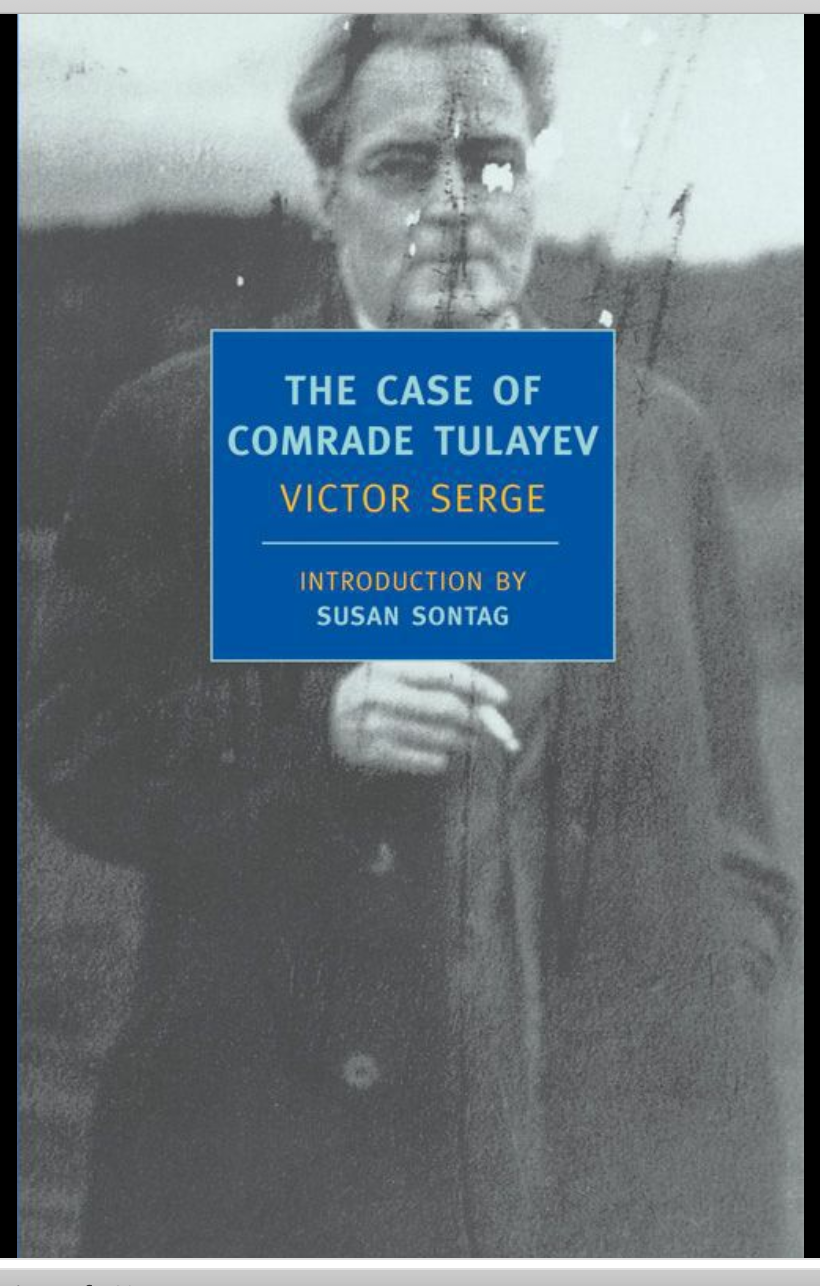
Kindle
Audiobook Scribd
Scribd — I’m just interested in “A Place of Greater Safety.” French Revolution.

Arthur Streeton exhibition at the Art Gallery on NSW
If I were flying I’d love to see this exhibition in November.
I inherited a Heidelberg School book from my father, its full of Streeton and familiar to me. Australian impressionism.
(Open image in new tab if you have a large screen)
I am a psychodramatist and hence a student of the work of J.L. Moreno. And I hold his philosophy and methods to be revolutionary in the sense of having potential to heal humanity. There is an area of his philosophy and outlook where he comes short of the potential, it is in the conception of mass action and the macro forces that operate in the world. He lacks a good grasp of Marxism. And I think Marxism lacks the science of sociometry, the outlook of small groups.
Moreno and Marx have a lot of common ground. Both Marx and Moreno have an experimental, scientific outlook. Action and learning go together. Its integrated. This is what is meant by dialectical, a term both Moreno and Marx use for describing the process of participation in the world. Its not one or another or even one and the other, Action and learning combine in the flow of life.
I will comment on the following passage by Moreno to show how it is similar to marxism and how it is progressive and also where it shows a gap in Moreno’s approach:
“All this, of course, could only happen if the warming up process of all human characters and all participating groups coalesce naturally into an experiment . (Rule of “gradual” inclusion of all extraneous criteria .) There are many steps and more barriers which a sensitive crew of coexperimenters might encounter on the way to a scientific utopia . However little or far they advance they never fool themselves and never fool others ; they prefer the “slow” dialectic process of the sociometric experiment in situ to social experiments which are based on inference and logic only or the social revolutions of mass action which do not know when to start and when to end .”
“Who Shall Survive?” P63
First the progressive:
Warm-up is a key concept in psychodrama, the process is complex, yet the term is somewhat self explanatory. I have written with approval of Moreno’s scientific method and the “Rule of “gradual” inclusion of all extraneous criteria.” It makes total sense sense when working with the group process of warming up. What is central, what is extraneous? How not to dismiss all that emerges? The group warms up together and a focus emerges. See my psychodrama thesis about finding the focal conflict and central concern in a psychodrama group.
In the next few lines “slow” is a word to review. It is sometimes slow and sometimes fast. He has it gradual and slow in quotes. I take it he means it is relative, and as he says. part of the “dialectic process” which can be seen as outside of linear time. There are moments of dramatic change in a psychodrama group. The oft quoted idea from Lenin comes to mind:
“There are decades where nothing happens; and there are weeks where decades happen.”
― Vladimir Ilyich Lenin
I can imagine Moreno agreeing that this happens in psychodrama, though he does not address the flow of history in this way.
Moreno is also progressive when he contrasts “sociometric experiment in situ” and “social experiments which are based on inference and logic only”. Here again is a shared outlook with Marx. It is a moment where Moreno is clearly not a philosophical idealist, i.e. someone who dreams up a plan and then works out the steps to execute it. That way of thinking is anathema to both Moreno and Marx. When Moreno says in situ, he means in the world and not on the psychodrama stage. On the stage the enactment is as close to life as possible, but he regularly affirms that life itself is the most important arena.
A gap in his methods are revealed in his concluding negative comment about mass action: “the social revolutions of mass action which do not know when to start and when to end.” These are not according to Moreno the sort of group that “coalesce naturally into an experiment.”
This is where Moreno’s vision, focussed on small groups is at a loss to grapple with major social upheaval. It seems he does not have a problem with “social revolution”, but a particular type of mass action. It is true, there is no knowing what will happen when it comes to masses, social forces, large groups, classes and nations. So Moreno is then at a loss, he has no way of knowing where to stand on mass movements, how to be with them or assess them. He is not able to make use of his theory of the moment or concept of spontaneity and theory of change.
There is no denying that there is a conundrum. A challenge. A small group can have a life of its own that is bigger than the individual will of the participants. The methods, philosophy and history of psychodrama are about the collective relational processes. Moreno made unique contributions including the philosophy of the moment. But what about the clashing of multiple large social collectives? What about the moment in history? Marxism adresses this area, (but does not have ready answers.)
Note this classic statement from Marx:
“Men and women make their own history, but they do not make it as they please; they do not make it under self-selected circumstances, but under circumstances existing already, given and transmitted from the past.
But can it be done well? Marx is not always optimistic, here is the rest of the paragraph:
The tradition of all dead generations weighs like a nightmare on the brains of the living. And just as they seem to be occupied with revolutionizing themselves and things, creating something that did not exist before, precisely in such epochs of revolutionary crisis they anxiously conjure up the spirits of the past to their service, borrowing from them names, battle slogans, and costumes in order to present this new scene in world history in time-honored disguise and borrowed language.”
― Karl Marx, The Eighteenth Brumaire of Louis Bonaparte
For those familiar with Moreno will see that Marx is grappling with what Moreno would call cultural conserves. And Morenian theory has lots to say about cultural conserves. The theory of change, tried and tested in small groups is the Canon of Creativity. To become creative, to have the emergence of the adequate and new, the path is through warm up and spontaneity to creativity. But how does this theory of change apply at a macro level?
This brings us to an eternal discussion in revolutionary political discourse, where the word spontaneity is also used: the relationship between the spontaneity of the people and leadership. To get an idea about the debate, look at these two paragraphs from Wikipedia on Revolutionary Spontaneity
Revolutionary spontaneity, also known as spontaneism, is a revolutionary socialist tendency that believes the social revolution can and should occur spontaneously from below by the working class itself, without the aid or guidance of a vanguard party and that it cannot and should not be brought about by the actions of individuals such as professional revolutionaries or political parties who might attempt to foment such a revolution.
In his work What Is to Be Done? (1902), Vladimir Lenin argued fiercely against revolutionary spontaneity as a dangerous revisionist concept that strips away the disciplined nature of Marxist political thought and leaves it arbitrary and ineffective.[1]
To counterpose the two perspectives as polar opposites in this way is to do them both a disservice, but the question of the relationship between spontaneity and leadership of revolution is clear. This is also a question of the relationship between small groups and large social forces. It is fruitful to have both the contributions of Moreno and Marx.
“Freud’s … therapy consisted in turning the patient into his past … instead of developing the direction of spontaneity into the future.”1
Wiese said that in to contrast with the work of Moreno. He’s right too. However embedded the present dynamics is the geneology. Whakapapa. Moreno talked of statu nascendi. It is in the swirl of unfolding from that moment of birth on that spontaneity happens and the new is created.
Talking about Moreno’s approach German sociologist Leopold Von Wiese, (1949) said:
“the realm of subjectivity is never given up by him. But the use of the word subjective here should not imply that Moreno is limited in his studies by a personal involvement; it is just the opposite. His aim is directed towards the most exact objectification of observations; but the object of these operations is the realm of the human psyche exclusively. This is so perhaps because he is a psychiatrist, a practical psychologist and physician. We too, in our “system of relations” do not neglect the psychological processes; but their penetration is one of several tasks so that we can recognize that realm of existence which. is crucial; the social one which lies between men and not within them. Particularly when one, as Moreno, like ourselves, emphasizes the significance of the little word “between” one should not permit it to vanish into a “within”.”
I like this as a formulation of the relational paradigm.
More on this theme from Von Wiese: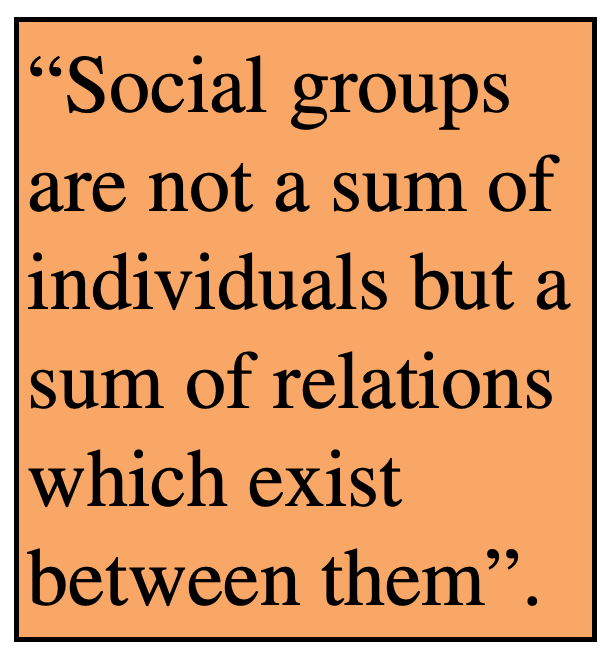
“When we try to reproduce here the chief content of Moreno’s work, we may best start With a statement from White’s foreword to it, one Which is also an axiom of our system of relations: “Social groups are not a sum of individuals but a sum of relations which exist between them”.
Which makes them complex beyond imagination.
Von Wiese, Leopold. (1949). “Sociometry.” Sociometry, Vol. 12, No. 1/3 (Feb. — Aug, 1949), pp. 202—214 Published by: American Sociological Association https://www.jstor.org/stable/2785387


You must be logged in to post a comment.